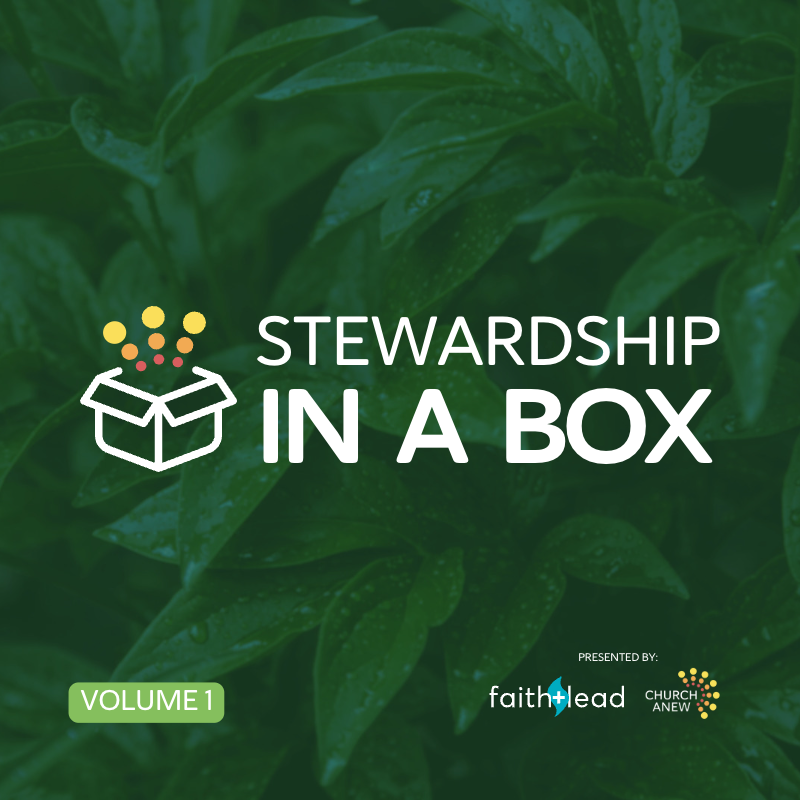The body is not an accomplishment: a bodily apocalypse
Photo by Eneko Uruñuela on Unsplash
“….somewhere a little girl is reading aloud
in the middle of a dirt road. she smiles
at the sound of her own voice escaping
she is not the opinions of others
she is of visions and imagination
somewhere a little girl is reading aloud in the middle of a dirt road.
she smiles at the sound of her own voice escaping the spine of a book.
she is a room full
of listening, lending herself
to her own words
somewhere
a deep remembering of what was, she survives all.”-AJ Monet
There is an industry alive and well. The industry of healthy lifestyles. So many before/after pictures, promises of things to come, ways for the body to achieve more than we thought possible.
By making healthy choices, we are told we will become more successful, more at peace, more in our bodies, more, more more.
I see similarities to the prosperity gospel mentalities which spout that financial blessing and physical well-being are always the will of God, and that faith, positive speech, and donations to religious causes increases one's material wealth and physical well-being. The responsibility lies solely on us as humans to make better choices, to be better people, to follow the rules. And if you don’t follow the rules, then those who experience poor health or a lack of wealth are in these circumstances because of choices they made.
The other side of this, of course, is what happens when change isn't possible.
When economic systems are built to ensure people remain in poverty.
When the body doesn't respond to changes in behavior.
When both money and health intersect and we see a deep inequity in our access to healthcare.
When we are told that we are the sum product of our choices, it's a lie.
There is an interconnection between the illusion of control, the commodification of well-being and our culture of blame for those who cannot meet unattainable expectations.
There always comes a moment when bodies break, and are beyond control, despite our deepest wishes. What does it mean to come to a bodily apocalypse? When we are stripped down of all illusions that the latest Instagram reel or set of positive choices will delay the onset of age, or will change our health realities.
What pervisity has befallen us that calls for us to use the health of our bodies for more systematic bias? When did we create a narrative of success and achievement around health?
When I hear words of bodily health lifted up as something we control, we battle, we push the limits for, we seek to own as a marker of influence…it is here that I wonder: where is God?
Pseudo-Dionysius and other like-minded negative theologians talked about how, in the working of articulating the limits of language, we find the divine. In describing what the Divine isn’t, we point both to the limits of language and, in comparison, how much more God is.
In this same way, we can apply this thoughtful framework to how our bodies exist in the world and intercept God's movements.
Our limits, our beautiful humanity, point to a place where the divine is. This is holy.
Resist how our bodies, in all their limits, become places of idolatry. Where we seek to become more than we are or were ever created wondrously to be. Perhaps instead, our body’s limits are reflections of the Divine’s creation, and by buying into false promises, we reject that creation.


